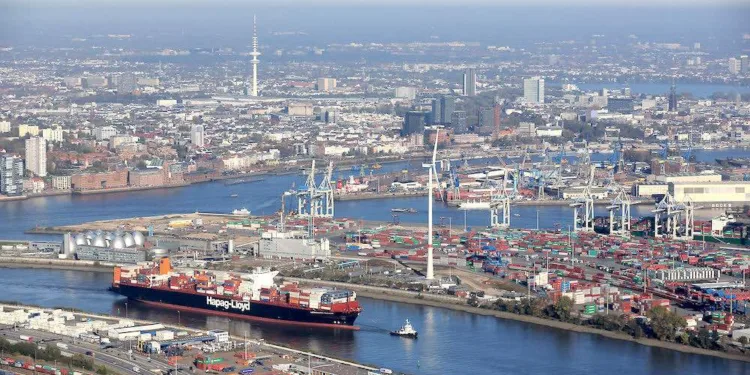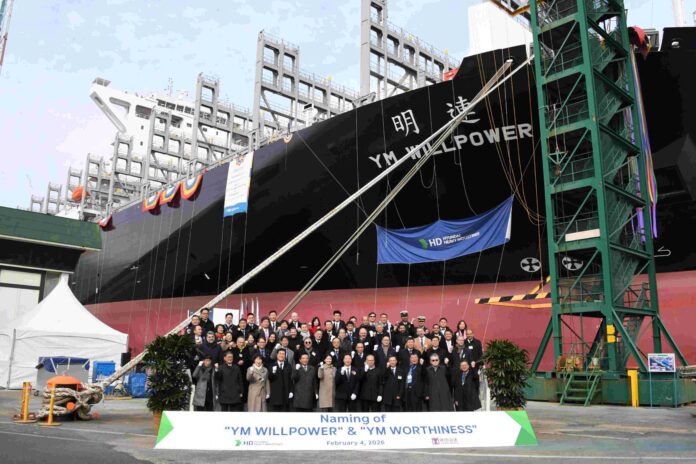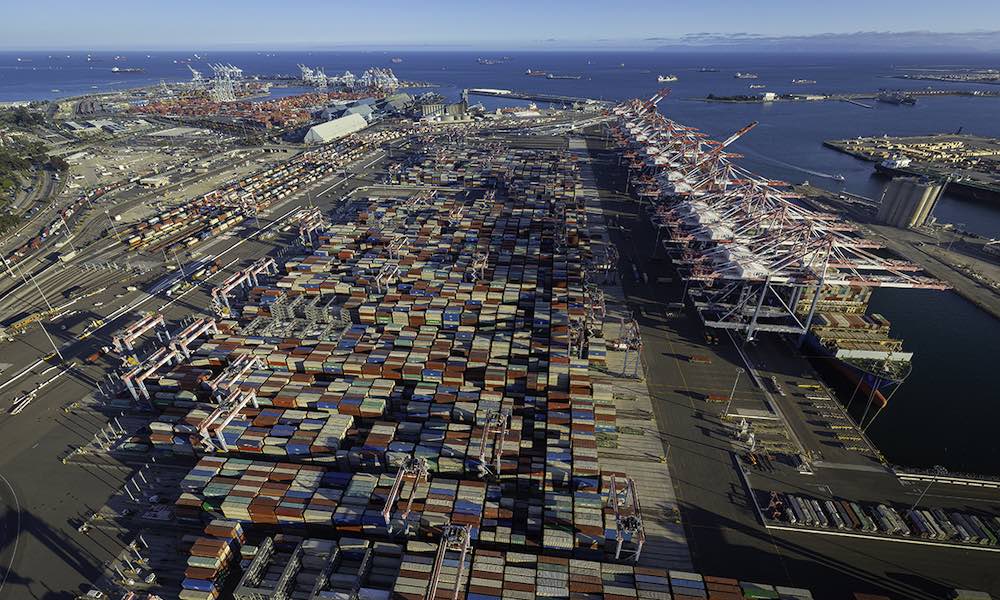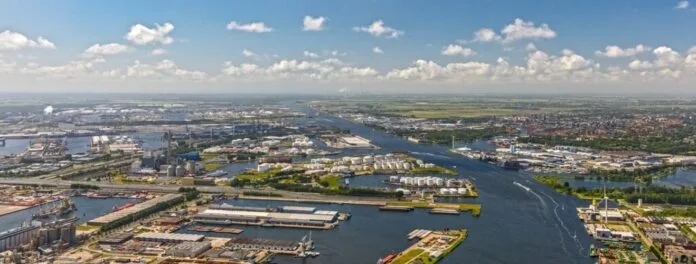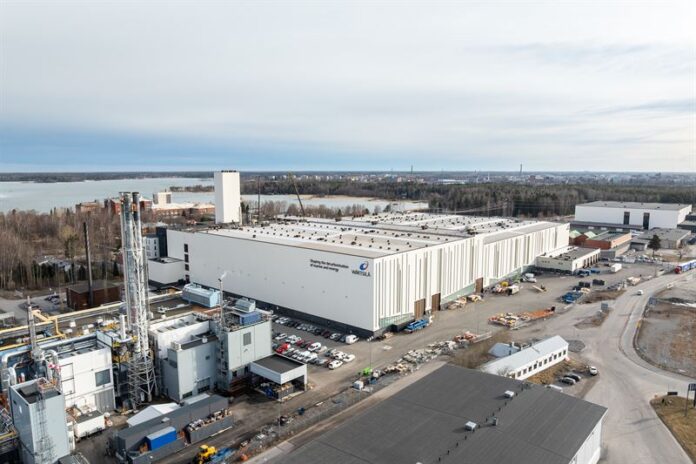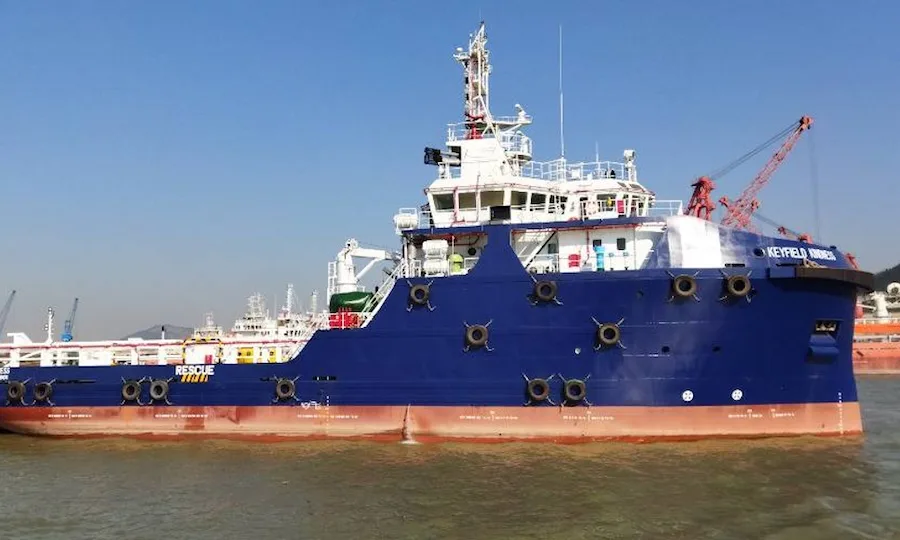At the start of the year, there was the largest alliance reshuffle among global liners in more than a decade. As the year has progressed, it has become apparent that this redrawing of the global liner map has had some winners and losers among European ports.
Analysis by Danish container shipping consultancy Sea-Intelligence of the 2025 alliance reshuffle on Asia-Europe, reveals a consolidation of market power into hubs like Hamburg and Valencia, at the expense of established gateways such as Antwerp and Tangier.
Research by Sea-Intelligence shows that Spain’s Algeciras saw its total monthly nominal capacity increase modestly, even though its average vessel size fell, indicating a new role handling more calls from smaller services in this new era of the Gemini Cooperation, Premier Alliance, Ocean Alliance and MSC going it alone.
In contrast, Piraeus has seen its total nominal monthly capacity fall despite attracting larger ships, suggesting what Sea-Intelligence described in its latest weekly report as a “quality over quantity” approach with fewer, but higher-level, services.
Hamburg’s significant gains in call frequency, average vessel size, and total monthly nominal deployed capacity establish it as the undisputed primary beneficiary of the 2025 network reshuffle, the analysis from Sea-Intelligence shows. Notably, MSC, the world’s largest containerline, now has a 49% stake in the German port. Data from rival consultancy Alphaliner shows Hamburg registered 9.3% growth in box throughput in the first half of this year to 4.2m teu. Calls by ships above 10,000 teu rose a hefty 50%, while those above 24,000 teu jumped 30%, according to Alphaliner.
While Rotterdam remains in a league of its own among European ports, the decline in performance for competing hubs like Antwerp and Tangier indicates a loss of cornerstone services, according to Sea-Intelligence.



